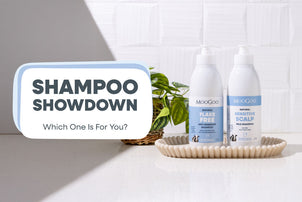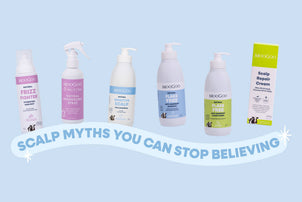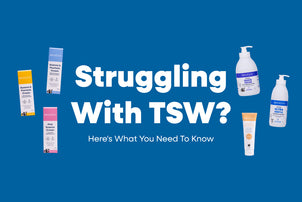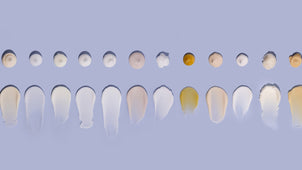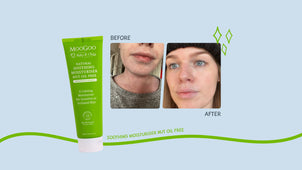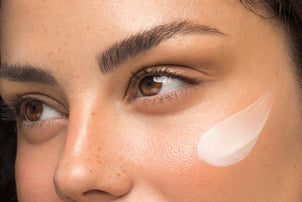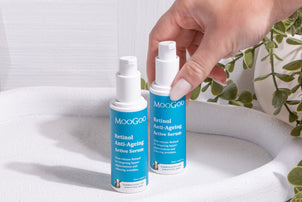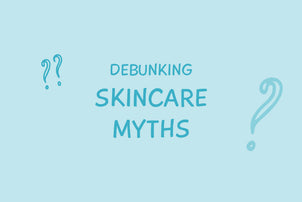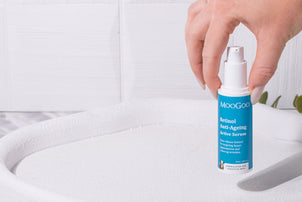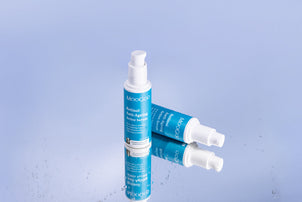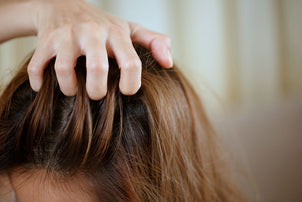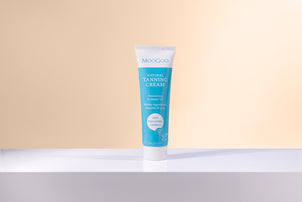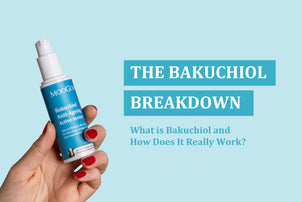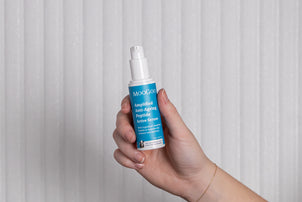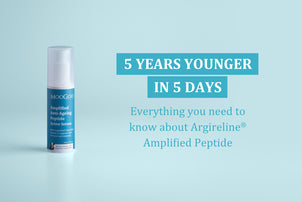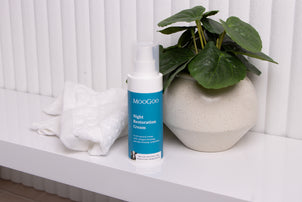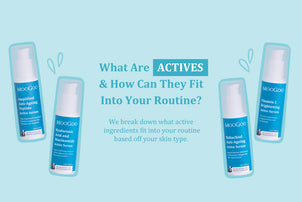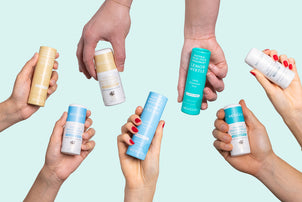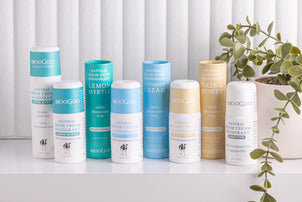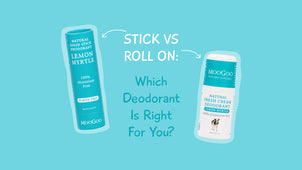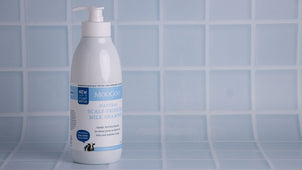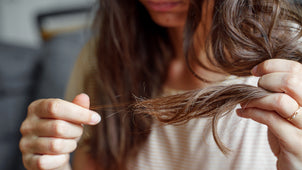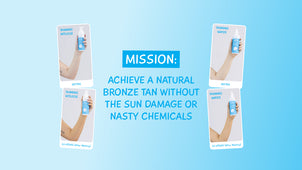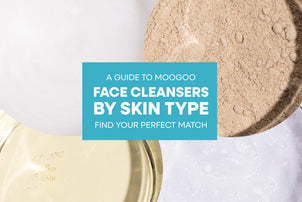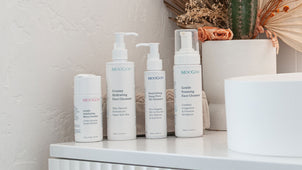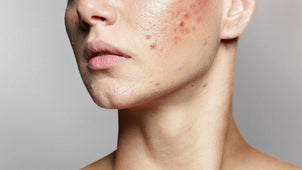
The 5 Hair Myths We've All Been Fooled By
When it comes to maintaining a magnificent mane of swooshy and silky strands, it’d be a lie to say we’ve never fallen for some of the most common ‘hair growth tips’ out there. It’s inevitable that at some point in your life you would have heard a friend of a friend, aunt, or a celebrity spouting something about a “life-changing”’ hair hack that “you absolutely need to try”. I mean, who doesn’t want longer, shinier, and more beautiful hair?
So, we thought we’d help you skip the disappointment and dish the dirt on what advice NOT to follow. Save yourself the time, MOO-lah, and irritation that we wasted on these, and instead spend your energy on the habits that will give you healthy hair for good! More on those later…
1. Getting regular trims will make your hair grow faster
We started with the biggest one, in keeping with the ‘bad news’ first rule. Sorry (not sorry) to burst your bubble if you’ve been following this one, but your hair grows from the root at a standard rate – about 12cms a year – so snipping the ends won’t do anything to speed this up. It will however keep your hair free from split ends, making it smoother and stronger. So, not all hope is lost here!
2. Applying a particular 'hair growth' serum or oil
There’s not much in the way of product ingredients that are scientifically proven to be able to make your hair grow faster from the outside. Using natural oils and hydrating creams regularly is great for keeping your hair cuticle strong and preventing damage, but again they aren’t going to see you gain a few extra inches at high speed. That will just need to come with time and patience.
3. Hair growth supplements
Yes, healthy hair does start from the inside and there are certain minerals and vitamins that your body needs to produce healthy hair. Unless you are severely deficient in one of these though, taking multiple powders and tablets won’t see your hair growth speed up to Rapunzel-esque proportions. Oh, how we wish it would though! However, topping up your micro-nutrients with a few strategic supplements can be great, and can keep the vitality of your hair strong and steady through the daily damage.
4. Avoid blow drying and heat styling at all costs
Does extreme heat cause dryness and damage to your hair? Yes, of course! However, your hair is in its strongest state when it’s dry, so having your hair wet for long periods of time is also no good. Luckily, new technology means blow dryers and other heat styling tools are no longer as traumatic for your strands so if you’re opting for a hair wash before bed rest assured you can give it a blow dry without the worry. No one likes a wet pillow anyway! Just be sure to use a leave-in conditioner, like our Protein Shot, before you flick the switch, to keep your hair as protected as possible.
5. You can't use the same shampoo for too long or it stops working
You’ve been told this before, right? Old school shampoo marketing has worked wonders with this, convincing basically everyone that you need to ‘switch up’ your shampoo every so often so that your hair doesn’t ‘get used to it’ and stop it from working. You might be wondering why you do sometimes notice a difference when switching to a new shampoo, and this is where we can get down to the nitty-gritty of our favourite topic, ingredients!
The reason so many people feel like their shampoo ‘stops working’ is generally due to the build-up of synthetic chemicals like silicones that are found in regular products. These leave a coating on your hair, initially making it seem extra shiny and slippery, but eventually leading to irritated scalps and dull- dehydrated hair that no longer wants to play nice. If you’re using a natural shampoo that is free from all the rubbish (sulphates, silicones, parabens… we could go on!) like our Milk Shampoo, you’ll be able to keep happily washing your hair without this drama. Saving you precious pennies, and potentially blood, sweat, and tears caused by harsh chemicals and misleading marketing claims.









